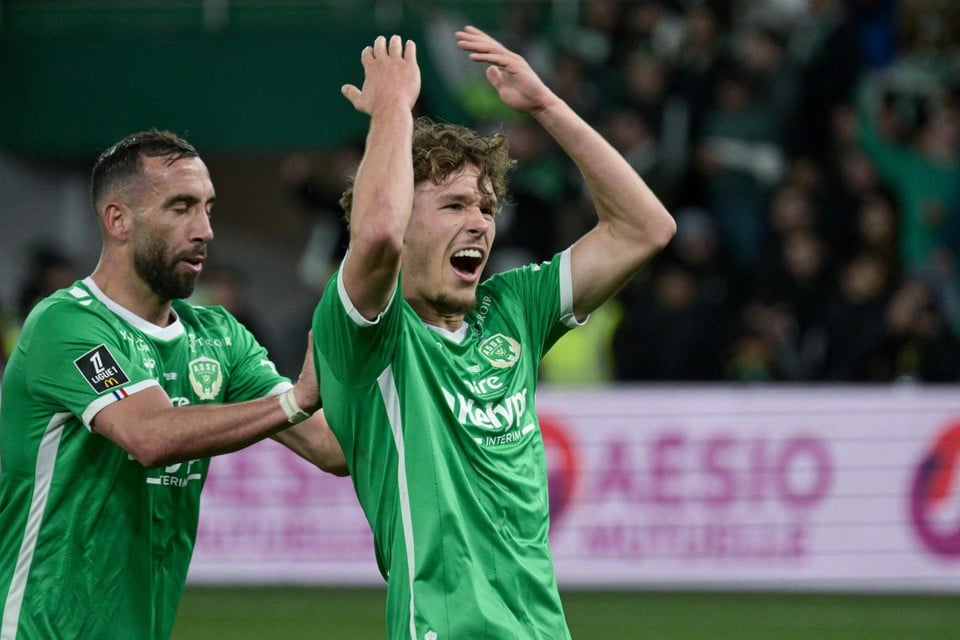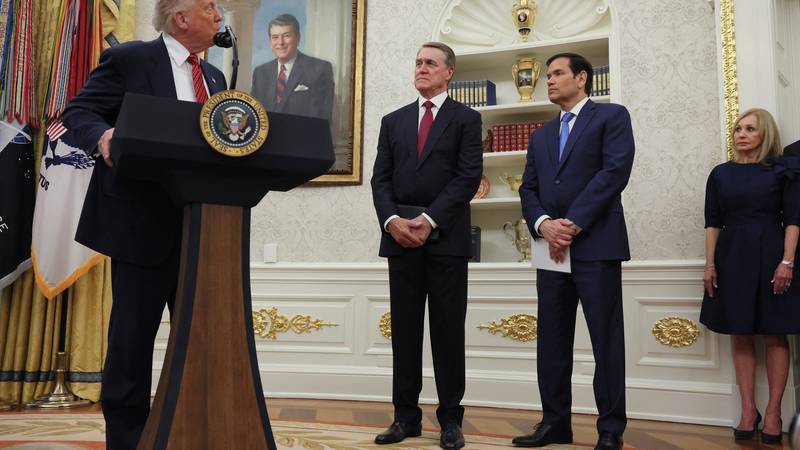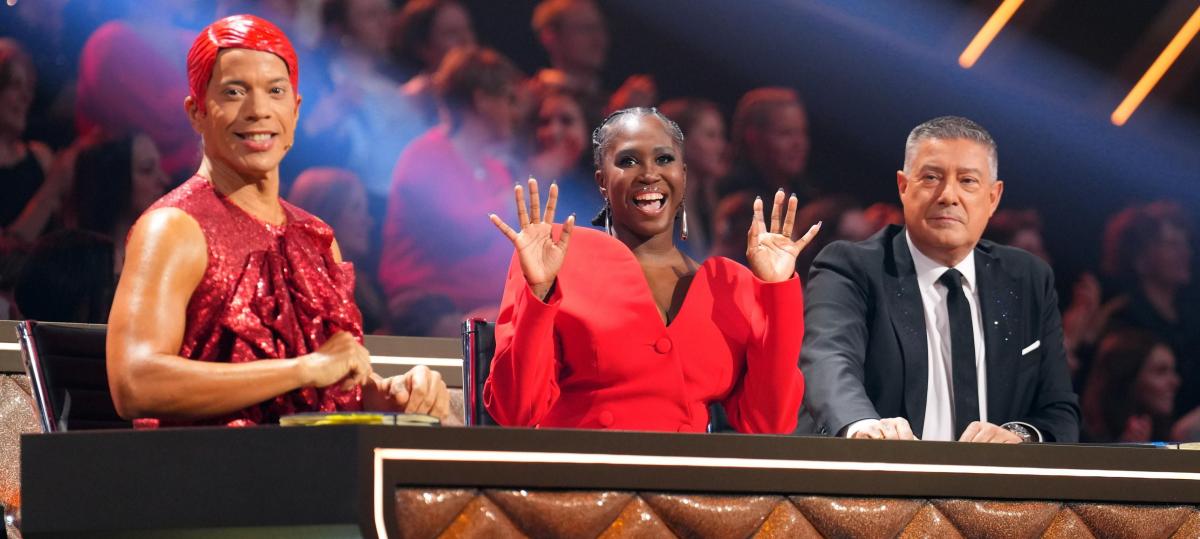Prohibition of sharing images of victims can oppose journalists, thinks NVJ
/s3/static.nrc.nl/images/gn4/stripped/data129279724-f0f77d.jpg)
GroenLinks-Pvda and CDA and CDA in the Lower House are found to make and share photos and videos of victims of accidents or violence. The two groups came on Tuesday with a tightened bill to prevent unnecessary suffering from victims and their relatives, and to combat 'sensationalism' online.
MPs Derk Boswijk (CDA) and Songül Mutluer (GroenLinks-PvdA) argue for a fine of 9,000 euros and a maximum prison sentence of one year for the first person to share such images of victims. Three questions about this bill, which has been worked on in The Hague for years.
1
What is the reason for this bill against 'Exposing'?
The idea came from CDA MP Madeleine van Toorenburg seven years ago: passing motorists then made images of a serious accident on the A58.
There were prevention campaigns against the 'exhibition' of victims, but it took until 2023 until it came to an initiative law. The Council of State was critical of the social support for such a ban, and wondered if the criminal law was appropriate here.
According to GroenLinks-PvdA MP Mutluer, the bill must be picked up again, because sharing images of victims is still 'morally reprehensible'. « People do not realize what the impact of their actions is. »
CDA MP Boswijk emphasizes that prevention campaigns have not proved sufficient, and that criminalization is necessary. « It is now and and, » he says, referring to the bill. According to Boswijk, the intensive smartphone use of today makes the problem worse.
There are no recent figures about the number of requests against image distribution. « Criminal law does give us good tools to act, » said a spokesperson for the national police who call the bill « sympathetic ».
2
What criticism is there about the bill against these images?
The Council of State previously expressed doubts about the protection of civil rights, such as the freedom of information spread. Thomas Bruning, secretary of the Dutch Association of Journalists (NVJ), warns of a 'chilling effect« , For example, where press photographers become reluctant and the freedom of the press comes under pressure. « Soon journalists will no longer be allowed to do their work in public space, » he says.
With this bill, for example, the photo of the murdered director, TV maker and interviewer Theo van Gogh would never have been made public in 2004, he thinks. A horrible but journalistic image.
GroenLinks-PvdA MP Mutluer understands the worries and wants to discuss it in the evaluation of the law in five years. She emphasizes that the bill focuses on first -degree dividers and journalists must not be taken into account.
3
Is the bill executable for enforcers?
The Council of State also previously criticized the feasibility of the bill. Does the police have sufficient powers to maintain a ban on sharing photos and videos?
« For that reason we have chosen to focus the bill on only the first person who shares the visual material, » explains Boswijk. The two MPs hope to keep the law enforceable in good contact with the police association.
It is precisely criminal law that the police must give wider powers, in order to gain evidence and to be able to detect suspects, a police spokesperson says.
NVJ secretary Bruning, however, fears that journalists run the risk of being prosecuted. « Journalism remains an open profession, and that distinction will be very difficult to control in practice, » said Bruning.

:format(webp)/s3/static.nrc.nl/images/gn4/stripped/data132512191-bf7b93.jpg)
:format(webp)/s3/static.nrc.nl/wp-content/uploads/2025/05/19171644/data132518834-9ea30f.jpg)
:format(webp)/s3/static.nrc.nl/wp-content/uploads/2025/01/11191751/web-1101BIN_XR.jpg)




